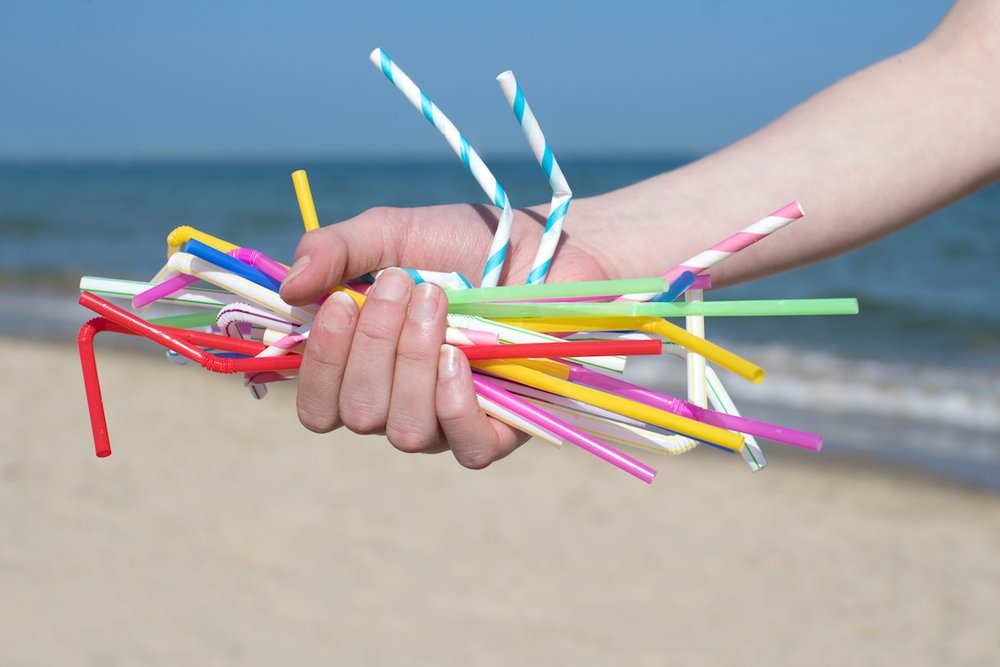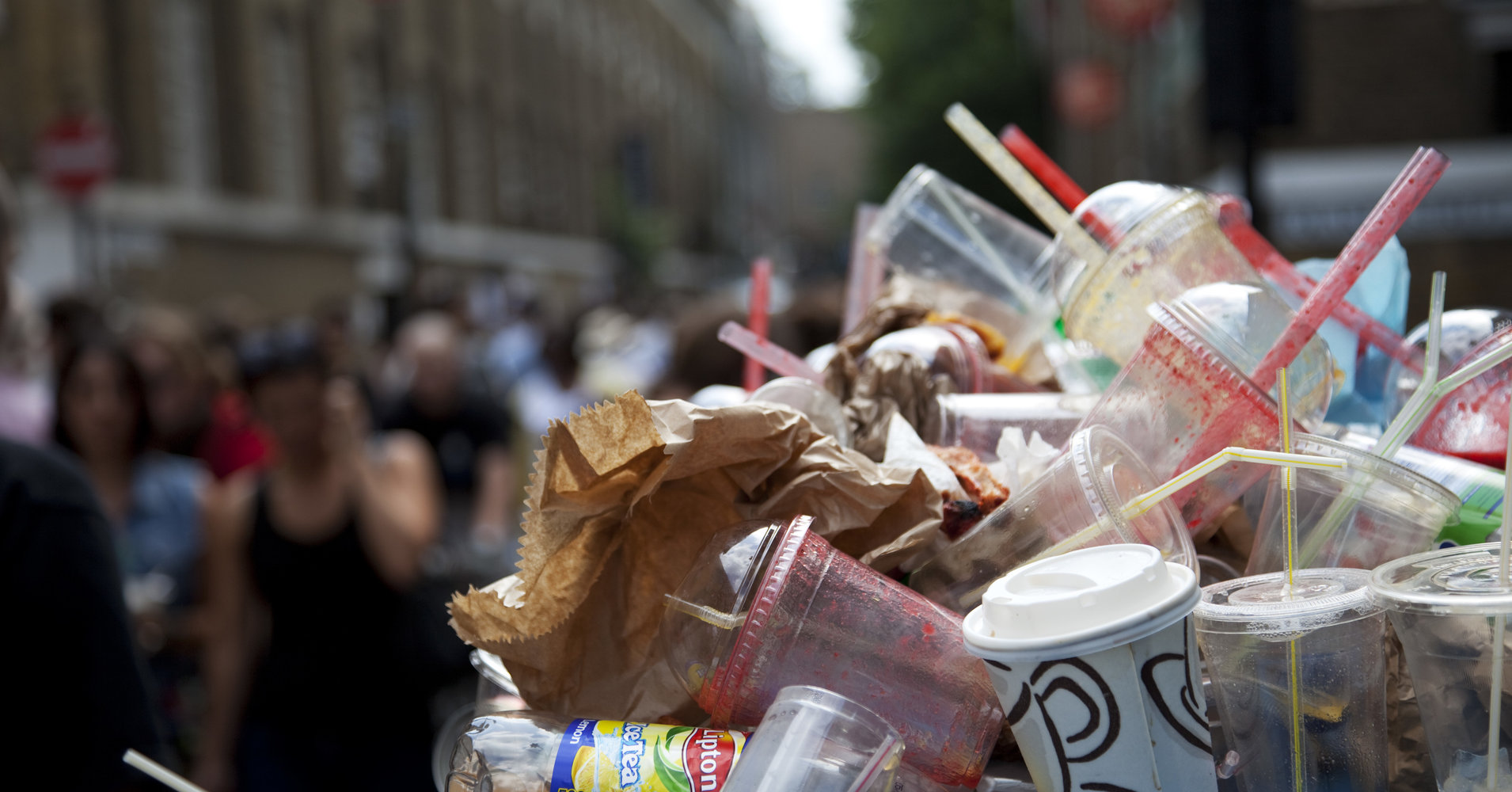It looks like Seattle state cares a lot about the environment as it has become the first US state to ban restaurants from providing plastic straws and utensils to the customers. All the restaurants in the Emerald City have been banned to give customers the plastic utensils or straws until a customer requests one.
In Seattle public utilities, it was mentioned that all the food services are informed that use of plastic utensils is banned from Jul 1, 2018. And amendable options include cocktail picks and compostable utensils. It was further stated in the utilities that banned products include plastic straws, plastic cocktail picks, compostable paper, plastic knives and plastic forks.

An ordinance was put by the Seattle state in 2008 which required one-time-use food items like packaging to be recycled. Since then, Seattle Public Utilities has accomplished banning plastic food utensils one by one.
According to the utilities, plastic items are not recyclable and these items will no longer b exempt from the requirements. According to a report by KIRO TV, Seattle has 5,000 food places and becomes the first major city in the United States to put a ban on plastic food items.
While talking to KIRO TV, the general manager of Seattle Public Utilities Mami Hara said that nowadays plastic pollution has posed a big threat to the marine life and she is proud that Seattle has taken the initiative to ban the use plastic utensils. She further said that Seattle has set an example for the other nations to ban the use of plastic to save the environment.

Almost 500 million straws are used by the Americans every day, according to the stats of the National Park Service. Seattle state has not imposed the ban immediately but it has started working on this project back in 2008 when the first ordinance was presented by the state.
And after that, the state continue banning plastic utensils one by one each year. Back in 2009, the state banned Styrofoam food packaging, as reported by Seattle Times. But according to the news agencies, the plastic utensils have been exempted from the Seattle’s ban due to the market.
The state motivated restaurants owners to use the available plastic utensils supply before July. If a restaurant fails to meet the deadline, then the owner can contact Seattle Public Utilities to set up a different schedule.
Other than this ban, Seattle restaurants were also asked to use collection bins in order to collect recyclables and compostables. A penalty of $250 for the restaurant which will not comply with the orders of Seattle Public Utilities.
While giving an interview to KIRO TV, the founder of Duke’s Seafood and Chowder Duke Moscrip said that he shifted his company to compostable utensils three years ago and that time food items were more expensive. He further said that now the products are only 10% expensive but they did meet the requirements of Seattle Utilities as it was a right thing to do.
However, Seattle Times later reported the those suffering from the medical issues will be able to get flexible plastic straws. Greenpeace reported that the first US company to ban the use of plastic utensils was Bon Appétit Management Company. The leading food industry is in pole position in the race of banning plastic utensils. Back in June, the company announced in a Twitter post that they are the first to ban plastic utensils.
V. proud to be first food service company to #BreakFreeFromPlastic straws https://t.co/6lKO7LsTCz
— Bon Appétit Mgt Co. (@bamco) May 31, 2018
The company said that by September 2019, it will ban the use of plastic utensils in all of its 1,000 outlets across the United States. Bon Appétit Management will become the first major food company to ban plastic utensils.
The ban announced by Bon Appétit Management has sent a sound signal to all the food industries of the US that time of change has certainly arrived. The ban has also shown other companies who rely on the throwaway plastic that it is possible to do so.
Every state should follow Seattle and every food company should follow Bon Appétit Management in order to ban the use of plastic utensils and save ocean and communities.




